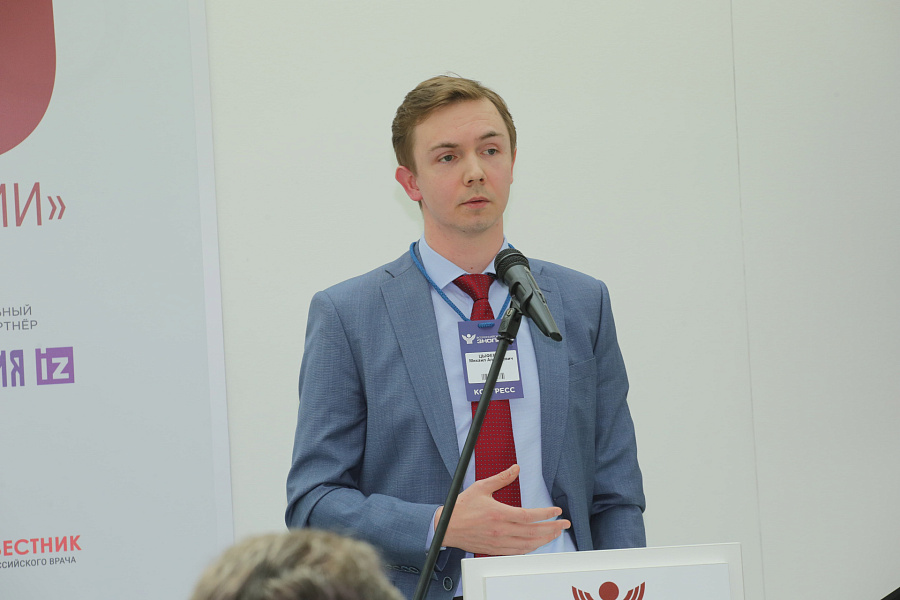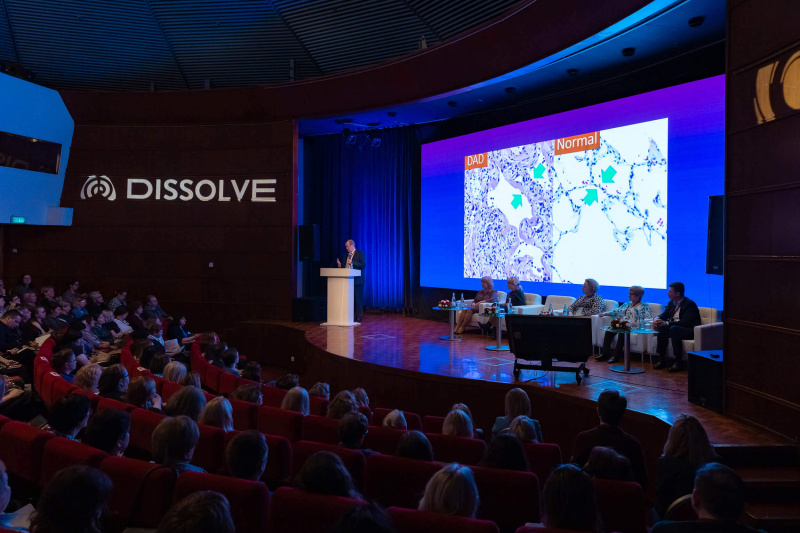
Petrovax announced import substitution plans of a medicine for the orphan disease treatment

Biosimilars can become a growth driver for the Russian pharmaceutical market. More and more pharmaceutical companies are considering this segment as a promising development area in the context of import substitution.
Mikhail Tsyferov, President of Petrovax Pharm, spoke on this topic at the conference “Opportunities for Import Substitution to Maintain Public Health under Sanctions”, which was held on May 11 as part of the All-Russian Forum “Health of the Nation – Basis for Russia's Prosperity”. Mikhail Tsyferov presented an investment project for Agalsidase beta medicine localization in Russia for Fabry disease treatment, an orphan disease that leads to disability and death of patients.
The project in partnership with ISU Abxis, a South Korean company, will make it possible to fully cover the demand for this vital medicine in Russia. For a full-cycle Agalsidase beta manufacturing, including substance, it is planned to construct a biotech experimental-industrial enterprise. Total investments in the project will amount to 2 billion rubles.
As of 2019, 200 patients were included in the Federal Register of Life-Threatening and Chronic Progressive Rare Diseases (with Fabry disease), but only about 100 patients receive therapy. According to available literature sources, the real number of patients with this disease in Russia estimates in the range from 1500 to 5000.
It should be noted that this Russian manufacturer has serious experience in localization of foreign drug manufacturing in Russia. In particular, in 2014, Petrovax implemented the country's first import substitution project for the high-tech pneumococcal vaccine Prevenar® 13 in cooperation with Pfizer, setting up the full-cycle finished dosage form manufacturing. Thanks to the project, more than 35 million vaccine doses have been released in the Russian market over the years, including for the Russian National Vaccination Schedule (NVS), which has reduced infant mortality from pneumonia in Russia by 56% [1] compared to the period before vaccination began.
For reference
Fabagal (INN Agalsidase beta) is approved and used in Korea since 2014.
Fabry disease is manifested by various clinical symptoms: 82% of patients suffer from kidney damage requiring hemodialysis and transplantation; it is the main cause of disability and death in patients with this diagnosis. In 80% of patients, neuropathic ostealgia, which is not relieved by analgesics, is also observed. Heart failure, cardiac conduction disorder, angina, heart attacks and strokes were diagnosed in about half of the patients.
The most affordable treatment for such patients is enzyme replacement therapy helping to restore mutated protein functions. Treatment of patients with Fabry disease is expensive; the annual therapy cost can range from 11.8 to 13.7 million rubles, depending on the drug used.


